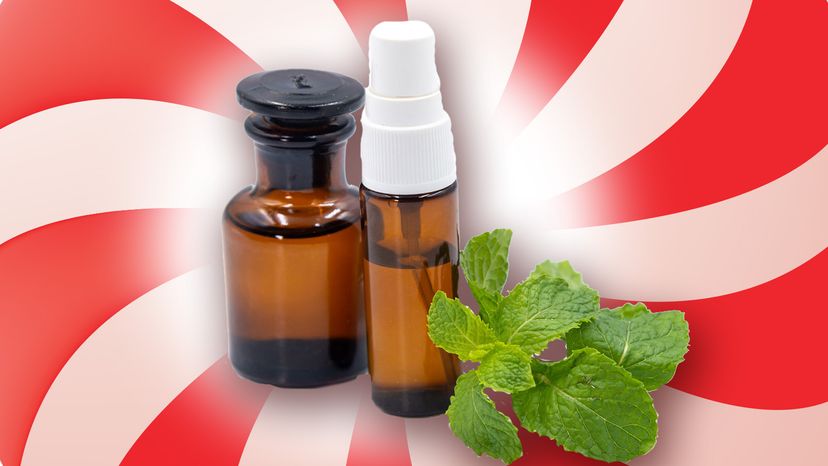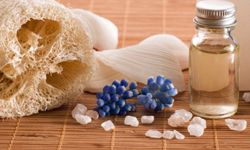
Peppermint has been lending its minty-fresh flavor to products like candy canes, ice cream and tea for thousands of years, but its staying power is about much more than taste. It's got some medicinal value as well. The peppermint plant is a cross between spearmint and water mint, and its active ingredients are menthol, menthyl acetate and menthone. While the peppermint leaves have their functions, the extracted peppermint oil boasts its own litany of capabilities.
Here's the caveat, though. Most of peppermint oil's rumored abilities are purely anecdotal at this point. The truth is that the plant has been studied very little, although it does appear to be totally safe when used appropriately. For example, when taking peppermint oil by mouth or applying to the skin be sure to use it as directed, as too much can irritating. Like most other foodstuffs or herbs, it's also possible to have an allergic reaction to peppermint.
Advertisement
Curious about peppermint oil's powers? Check out this list of surprising ways that peppermint oil is helpful. Just remember that the oil usually has to be diluted or used in very small quantities at full strength.


